At first, junior Keira Harter was skeptical. Her sister was playing “That’s My Kind of Night” by country music artist Luke Bryan and making fun of the lyrics. But, after listening longer, she said something changed.
“I was like, ‘Oh, this is kind of catchy,’” Keira said.
Since then, Keira has occasionally listened to country music and, in particular, enjoys country-pop.
Despite their fandom, many U-High students who listen to country music say people often equate the genre with politics, the Southern United States and other stereotypes, when really, it is evolving, with some country music artists choosing to steer away from politics.
Country music developed its conservative and political reputation during Richard Nixon’s presidency. It has faced backlash for containing anti-Black Lives Matter, pro-gun and domestic violence rhetoric and themes, and employing racism as a marketing tool.
While such controversy certainly is reinforced and prevails among some country artists and songs — most recently with the populist anthem “Rich Men North of Richmond” by Oliver Anthony — some critics argue that a new wave of country music is emerging, one where country artists challenge racial barriers and style-related stereotypes or distance themselves from politics and religion. The genre’s modern growth is also due to its experimentation with other genres, including pop, rock and hip-hop.
Country music streams have risen 20% in the first half of 2023 compared with the previous year, and according to Luminate, an entertainment industry analytics company, country music artist Morgan Wallen is responsible for 40% of the growth.
After using a racial slur in 2021, Mr. Wallen has steered “clear of politics.” Instead, country stars like Mr. Wallen and Luke Combs include more relatable themes of sobriety and goal-chasing in their music.
Keira said she has observed such changes in the country music industry.
“I think it is kind of moving away from politics because some artists are starting to make music geared toward pop so it fits a wider audience,” Keira said, “but there is definitely a lot of stigma with it.”
Junior Juana diSabato listens to different genres depending on where she is. At school, she tends to play pop and rap and listens to Travis Scott or Drake. But at home in River Forest, a Chicago suburban village, country music is her genre of choice, with her favorite country artists being Mr. Wallen and Mr. Combs.
Juana said she rarely plays country music at school because her classmates judge the genre.
“We were listening to pop and rap, and I was like, ‘Hey, can I queue a song?’ And I played ‘Devil Don’t Know,’ and my friends were like, ‘Oh, no. Turn this off,’ Juana said. “People tend to assume all country music is political.”
Juana said that this is a common misconception and not all country music centers on politics.
“I don’t think it’s right to associate all country music with that type of political view because if you really listen to more of the contemporary songs, it is not at all political and loving Trump and ‘God is with us,’” she said. “There are some country songs that are based on those views, but those aren’t the songs I’m listening to.”
Similarly, U-High ninth grader Bryce Poston, a fan of Mr. Wallen, said people are quick to associate country music with racist themes without giving it a chance.
“I can understand where the stereotypes come from, but it’s like any stereotype — it’s not always true,” he said. “I wouldn’t associate myself with that, and I still listen to country music.”
For sophomore Cruise Lickerman, listening to music sometimes means “separating the art from the artist.”
“A lot of times, the regions where country music comes from are the same as the regions that are more right-leaning and in favor of certain views,” Cruise said. “But I do think it is possible just to enjoy the music without the political connotations.”
Juana said she encourages people to be open-minded, especially as the genre changes.
“I would tell the people hesitant to listen to country music that just like how they try to convince people to listen to pop and rap that are pretty well listened to in Chicago, have the same mindset for country music,” Juana said. “You might surprise yourself and like it.”
Sporadically listening to country music has led Keira to enjoy some new songs. However, social limitations and lack of relatability limit her from listening more frequently.
“I wouldn’t block country music out immediately just because it is good to try new things and see if you like it,” Keira said. “There is a lot of stigma around it, and I don’t think the style is for everyone.”
The popularization of country music:
The Bristol Sessions (1927)
Also known as the “Birthplace of Music,” Bristol, Tennessee, became the initial hub for country music operations because of its proximity to local musicians like Hattie Stoneman and the Johnson Brothers. American scouter Ralph Peer saw the city’s potential and recorded for musicians from Southern states. Although not the first country music recordings, they became known as the “Bristol Sessions,” introducing the genre to the mainstream.
Broadcast radios, cowboys and the Great Depression (1925-1945)
Advancements in technology and America’s changing sociopolitical climate contributed to the spread of country music. Hollywood movies featuring cowboy songs and Western music broadcast radios, which played a significant role in American life from the mid-1920s until the end of the Great Depression, popularized country music in the media. Through hardship, the genre and its spirited lyrics symbolized American pride.
Post-war influences (1945-1969)
World War II brought about tremendous changes to country music. It branched into many subgenres and new styles, including bluegrass, honky-tonk and rockabilly. More women and people of color joined the country music spotlight during this time. During the 1950s and ’60s especially, country music became a huge commercial enterprise.
The Vietnam War, President Nixon and movements (1969-1995)
After the Vietnam War, many country music songwriters expressed their frustrations through their music. At President Richard Nixon’s request, prominent country music artists like Johnny Cash and Glen Campbell performed at the White House in 1970, causing some to attribute Nixon to the cementation of the relationship between the genre and its conservative evolution. The “New Traditionalist” movement advocated for preserving authentic traditional country music while others merged country music with indie and alt-rock.
The Internet Age (1995-present)
Country music continued to gain popularity with the internet age. Contemporary country combines traditional country music with modern pop music. Spotify reported that country music increased by more than 60% from 2019 to 2022 and it is currently on the rise. The genre has been used in far-right political campaigns and has become known to contain conservative-oriented themes and lyrics.
Sources: Library of Congress, Victrola, The Birthplace of Country Music Museum, Britannica
—compiled by Audrey Park
5 to try: Here are 5 country music recommendations for anyone who isn’t yet a fan of country music. These songs are even enjoyable for the biggest country music skeptic.
Click this link to listen to these songs and more country recommendations on the U-High Midway’s Country Music to Conteplate playlist on Spotify: https://open.spotify.com/playlist/0euU9z76jFIFHmlzq3XHKA?si=8a83f6578ca64dbe
—complied by Chloe Alexander and Haley Maharry



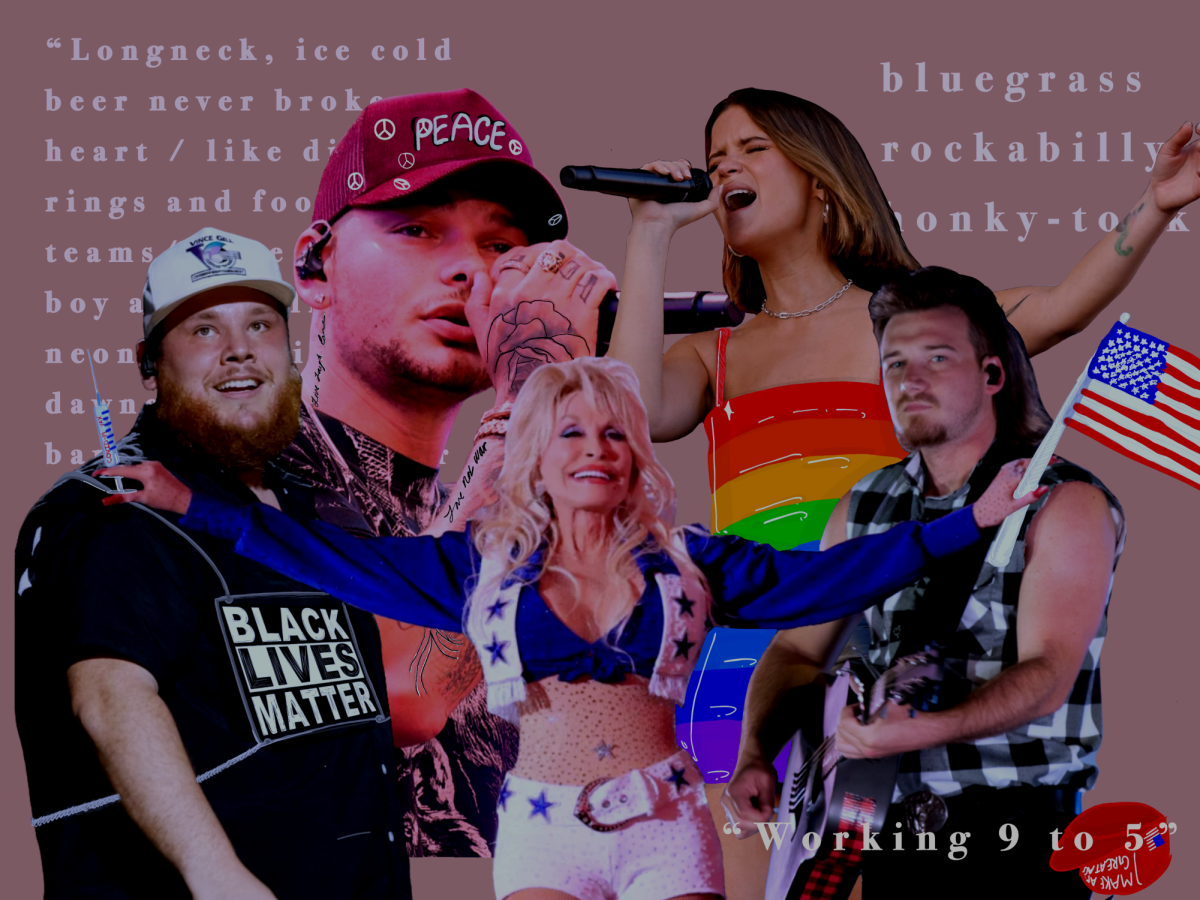
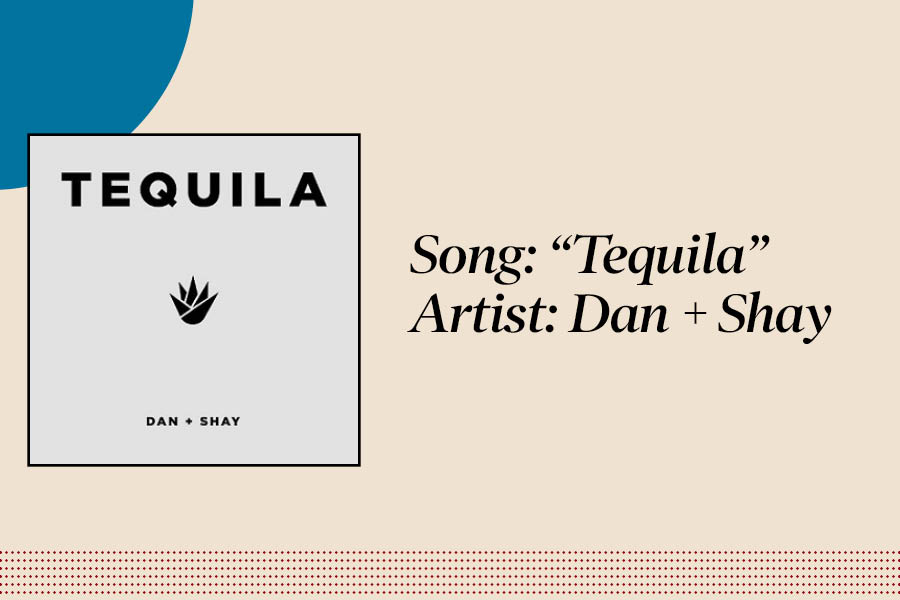
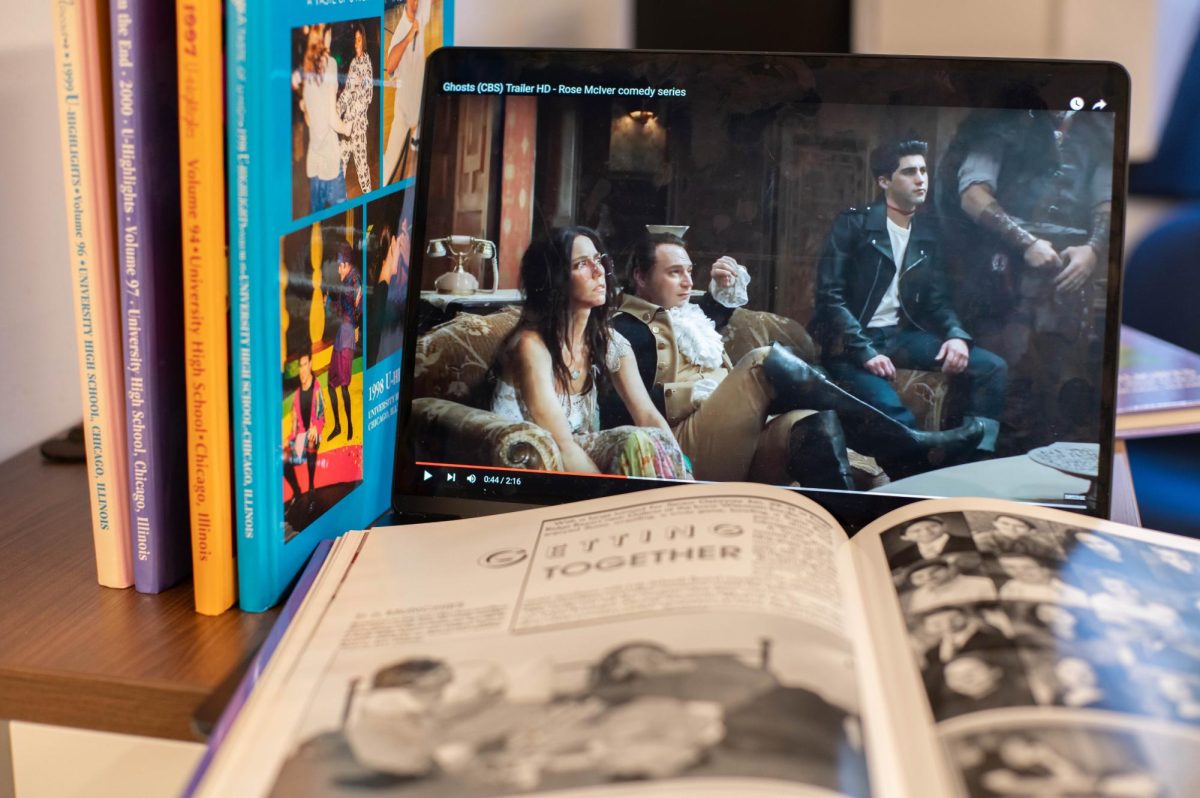

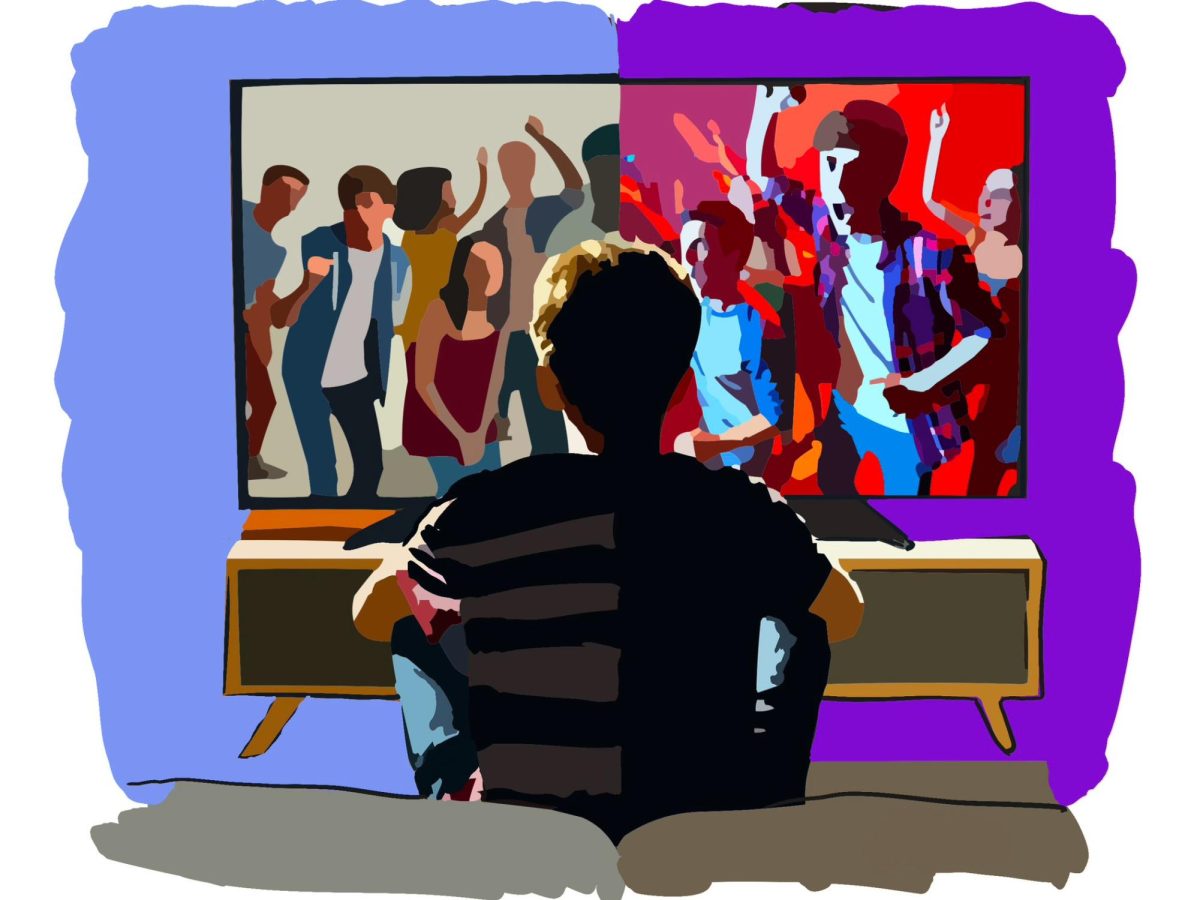
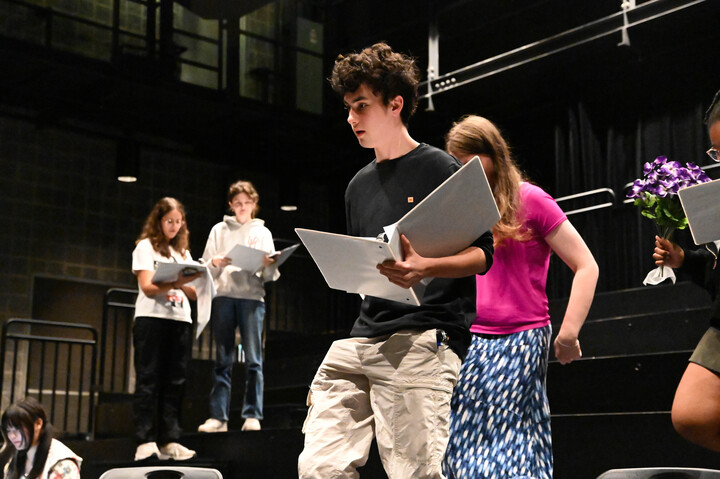
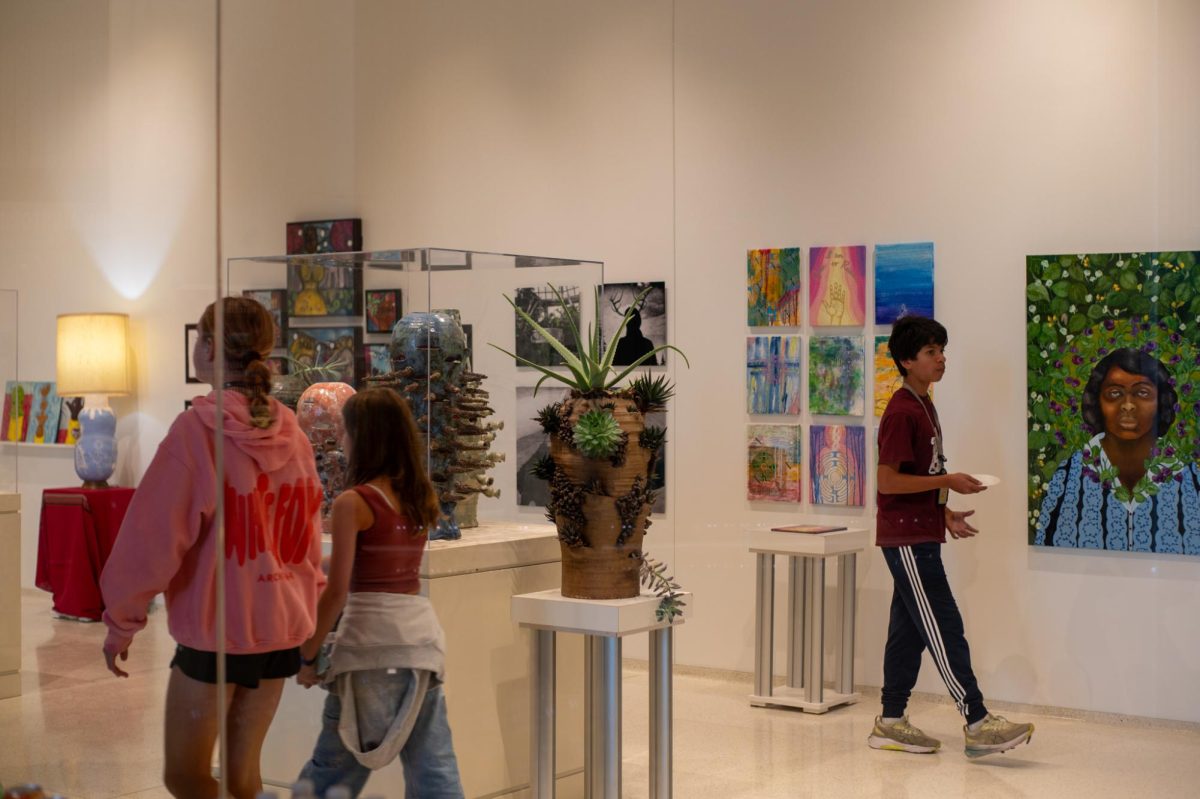




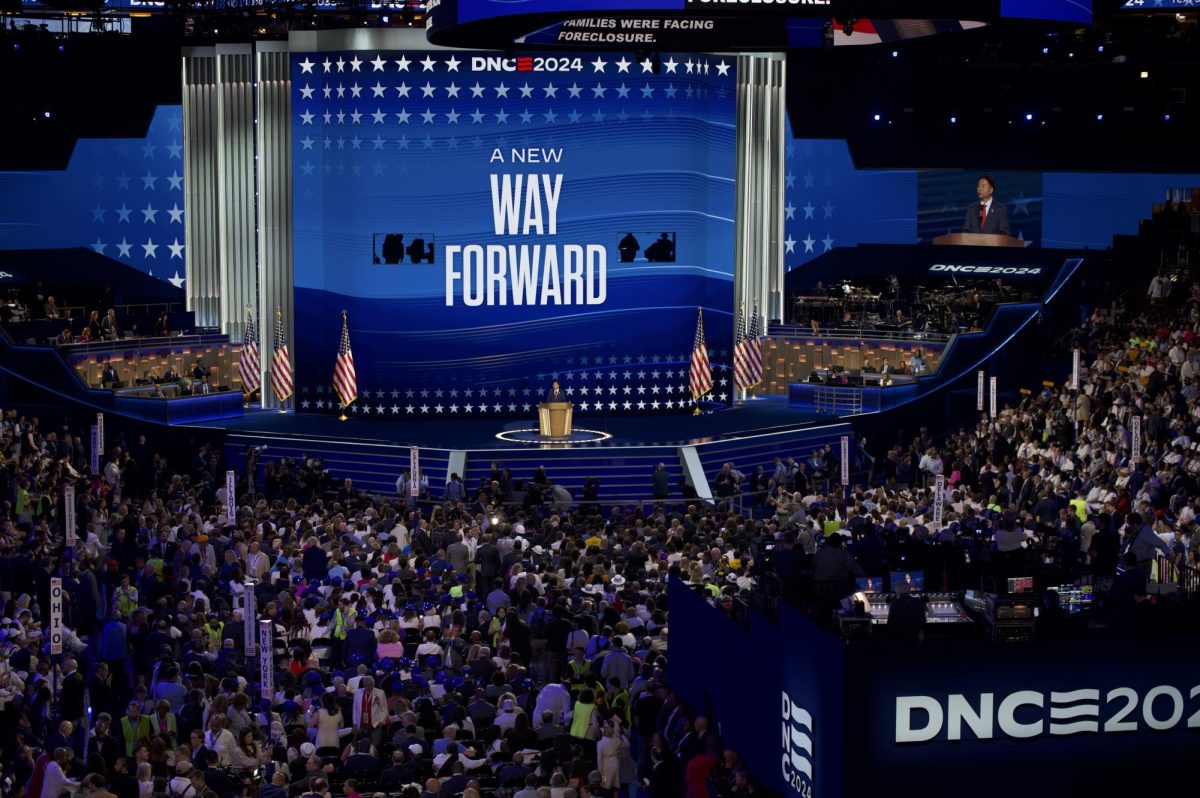
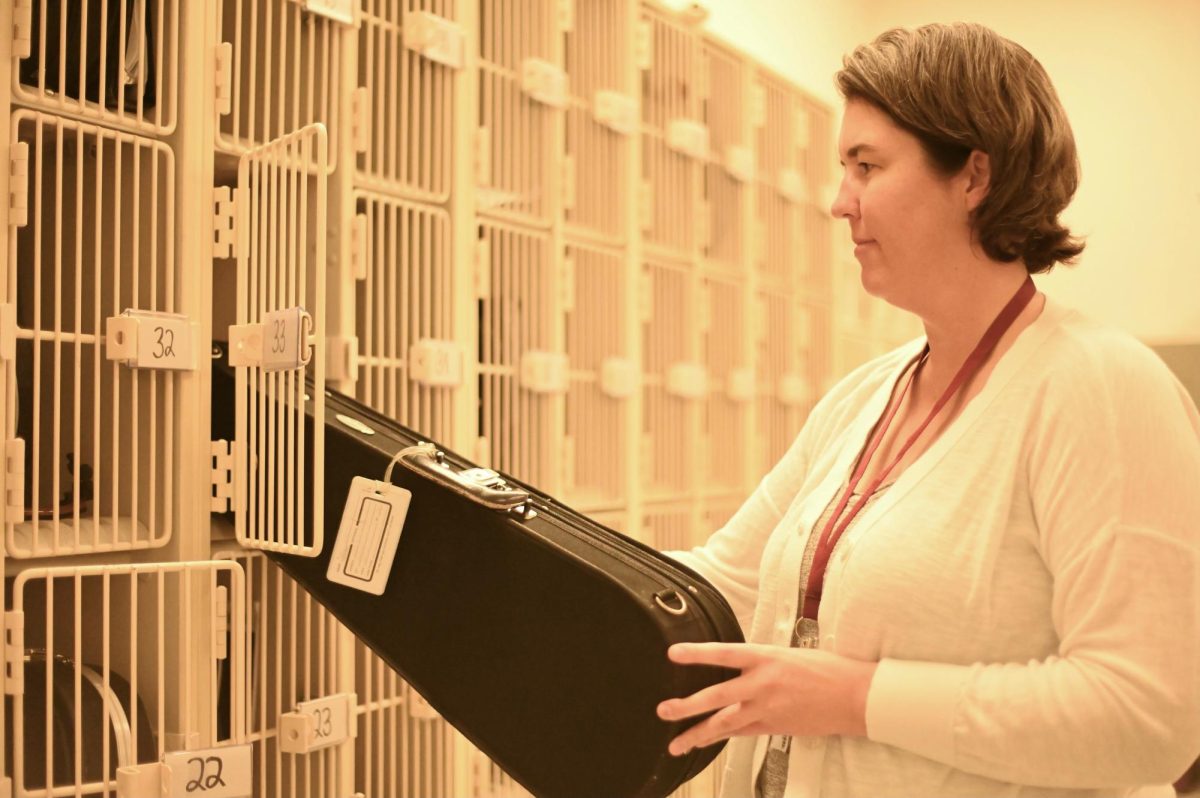
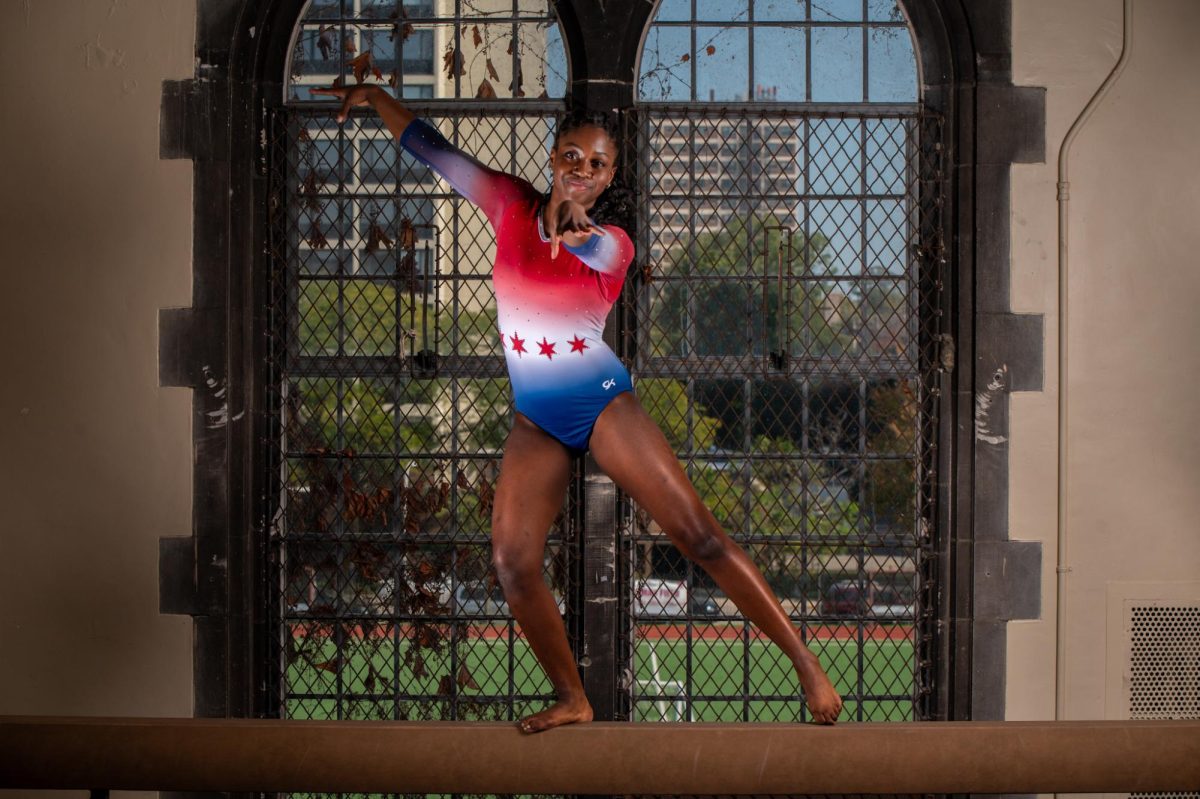
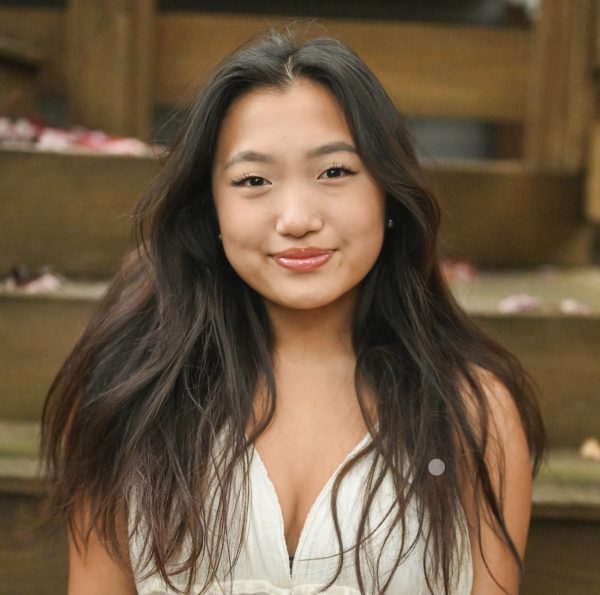
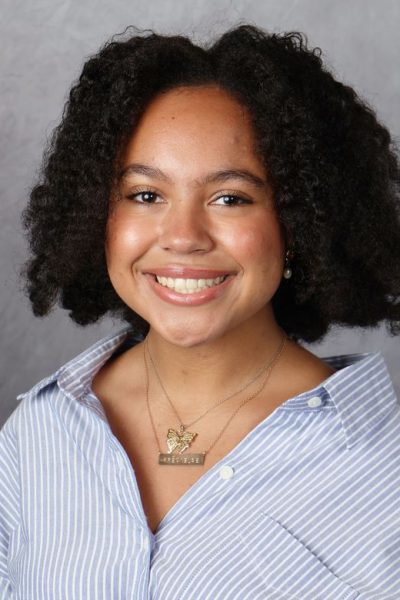
ANONYMOUS FAN OF KEIRA HARTER • Dec 11, 2023 at 6:25 pm
i’m so glad that junior keira harter is able to express her true love for luke bryan (shake it for me)